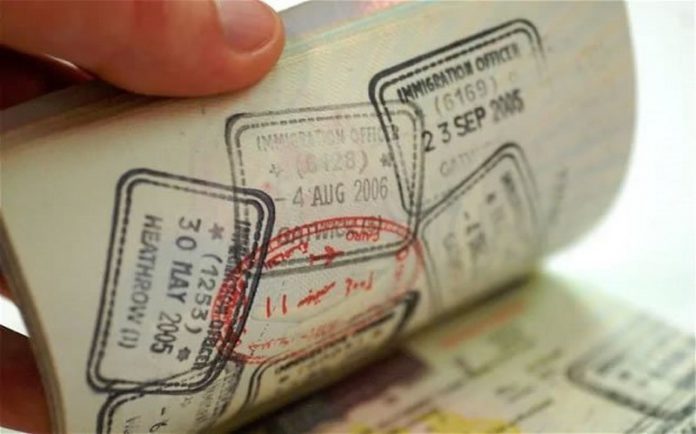Low-skilled workers would not get visas under post-Brexit immigration plans unveiled by the government.
It is urging employers to “move away” from relying on “cheap labour” from Europe and invest in retaining staff and developing automation technology.
The Home Office said EU and non-EU citizens coming to the UK would be treated equally after UK-EU free movement ends on 31 December.
Labour said the “hostile environment” will make it hard to attract workers.
But Home Secretary Priti Patel said the new system was about bringing “the brightest and the best” to the UK.
She told BBC Breakfast the government wants to “encourage people with the right talent” and “reduce the levels of people coming to the UK with low skills”.
She added that the system would “make sure that we have a high-skilled, highly trained and highly productive economy in the future”.
The government, which said it was aiming to reduce overall migration to the UK, wants a “points-based” immigration system – as it promised in its election manifesto.
Under the scheme, overseas workers who wanted to come to the UK would have to speak English and have the offer of a skilled job with an “approved sponsor”.
They would be awarded 50 points if they fulfil these criteria.
‘Adapt and adjust’
In total, immigrants would have to reach 70 points to be able to work in the UK, with points also being awarded for qualifications, the salary on offer and working in a sector with shortages.
But the government said it would not introduce a route for lower-skilled workers, urging businesses to “adapt and adjust” to the end of free movement between EU countries and the UK.
“It is important employers move away from a reliance on the UK’s immigration system as an alternative to investment in staff retention, productivity and wider investment in technology and automation,” it said.
Instead, it said the 3.2 million EU citizens who have applied to continue staying in the UK could help meet labour market demands.
The government also pointed to a quadrupling of the scheme for seasonal workers in agriculture to 10,000, as well as “youth mobility arrangements”, which allow 20,000 young people to come to the UK each year.

